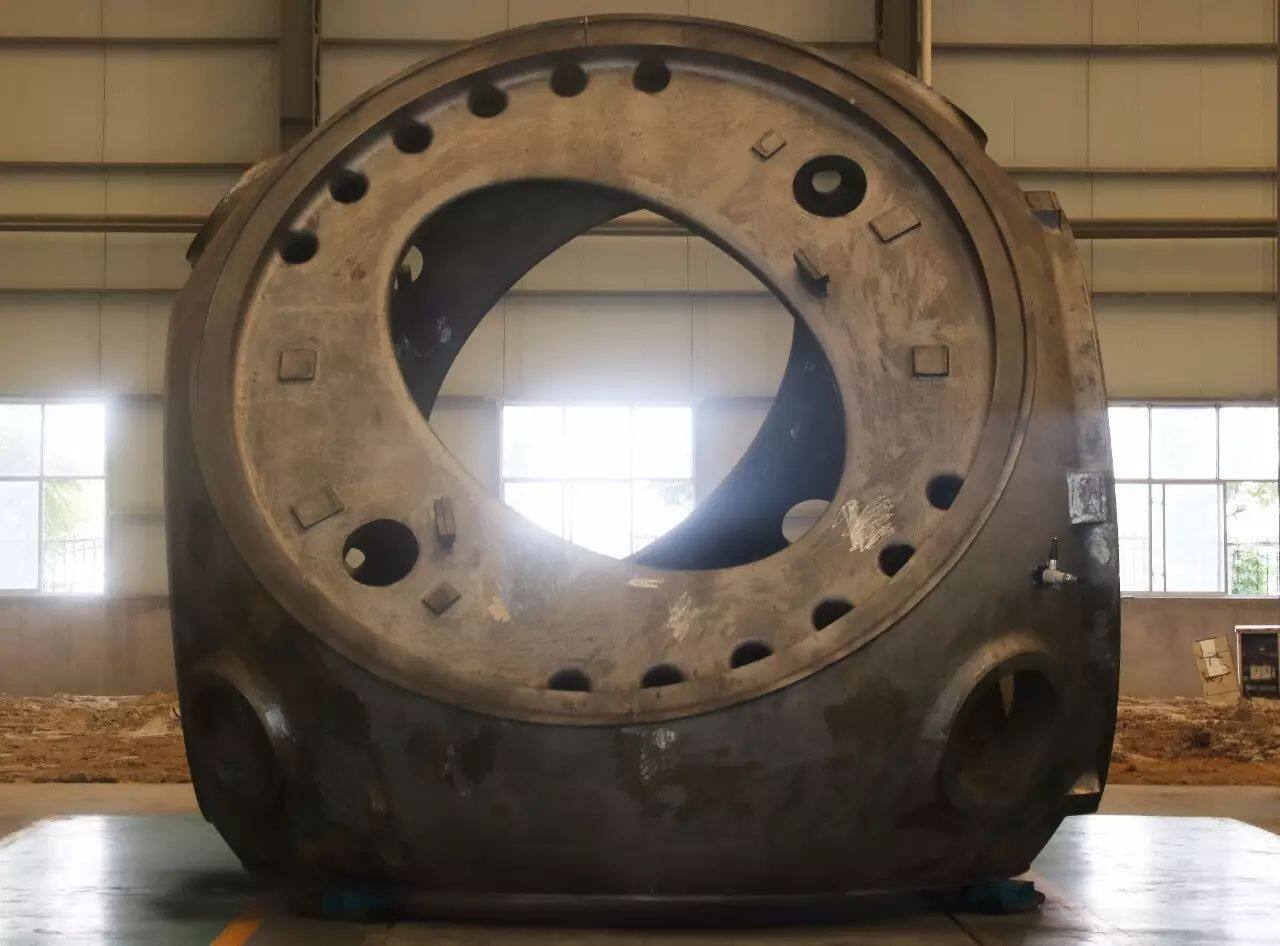Earráid i bhformáid ríomhphoist
emailCannotEmpty
emailDoesExist
pwdLetterLimtTip
inconsistentPwd
pwdLetterLimtTip
inconsistentPwd

Nuacht
Why was Cast Iron Invented only in China?(2)
The earliest agricultural civilization in ancient China may be traced back to the Neolithic period when the tools of farming were mainly stone tools. In the bronze age, bronze ware was mostly used to make ritual vessels, and it was rare to use a large number of bronze ware to make farm implements. On the one hand, copper resources are very rare; On the other hand, the casting process is complex, and tin needs to be added to make bronze. However, tin ore is difficult to obtain, which limits the large-scale production of bronze as a material for agricultural production tools. In this case, the emergence of iron met the needs of agricultural development.

The original western block ironmaking technology and cast iron technology can be used to produce farming tools. However, the block iron-making technology in the west is solid iron making. Through continuous beating, it is finally made into steel and iron. Its production efficiency is far lower than that of cast iron. China's cast iron technology is formed by liquid direct casting and then annealed. The products can be used directly and the production efficiency is relatively high. In the farming technology of dry land in northern China represented by deep plowing and fine plowing, agricultural tools made of cast iron materials have been used for a long time, including primary plowing, middle plowing, sowing, harvesting, etc. These farm implements have high hardness, high strength, and superior performance. Among them, the most typical are the iron plow and the iron plowshare, which are supported by a large number of unearthed cultural relics.
Cast iron technology has been applied in the military for a long time. In the early and Middle Western Han Dynasty, iron weapons replaced bronze weapons and occupied a dominant position in the Central Plains. Iron weapons are more advanced than copper weapons because of the ductility of cast iron decarburized into steel, which makes the size of iron weapons longer than that of copper weapons. However, at that time, the proportion of iron weapons in the border areas was still low.
Cast iron is also closely related to people's life. Many tools and utensils needed for food, clothing, housing, and transportation are made of iron. Such as the most commonly used iron pot among cookers. During the Ming and Qing Dynasties, the largest trade commodities between China and Nanyang were iron pots, shovels, and spoons. Iron products have also been used in key parts and structural members of many buildings. Zhaozhou Bridge is an excellent representative of ancient stone arch bridges in China. Cast iron and steel made of cast iron are also widely used in the connection between stones and stones.
As an indispensable part of Chinese civilization, folk beliefs and some religious traditions are inevitably associated with cast iron. According to the survey results of various existing large-scale iron cultural relics, iron cultural relics related to religious traditions and folk beliefs account for a very large proportion. Examples are the iron Buddha, iron tower, iron bell, even the iron man in the temple, as well as the iron ox and iron lion beside the ferry bridge.
It is precise because of the simple and easy production of cast iron, as well as the passing of the technology of making steel after cast iron, that the Chinese civilization has developed continuously. It is also said that the spread of cast iron technology to the West has promoted the development of the entire human civilization.
Make a purchase of cast iron 3, use of cast iron, custom cast iron from China, you can get them at a good price if you have a large quantity. We hope to be your long-term partner.

